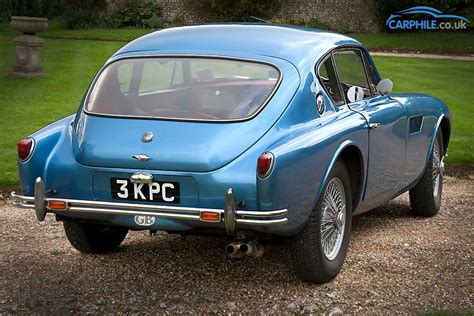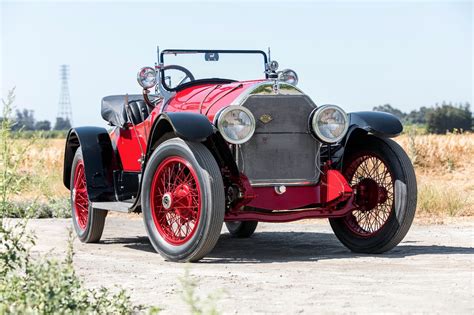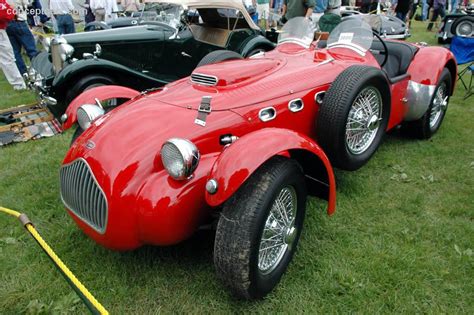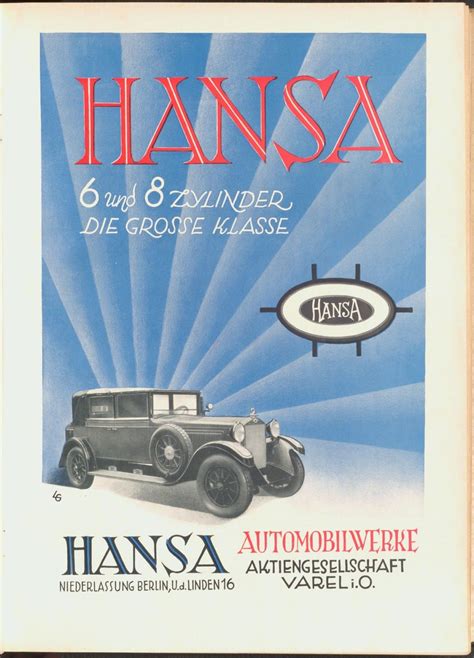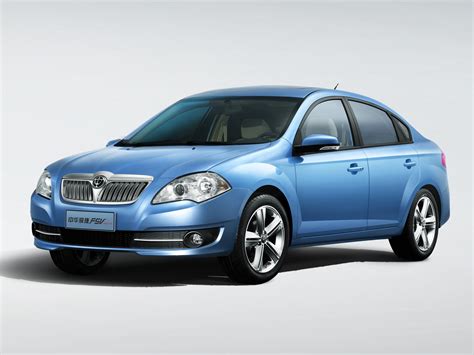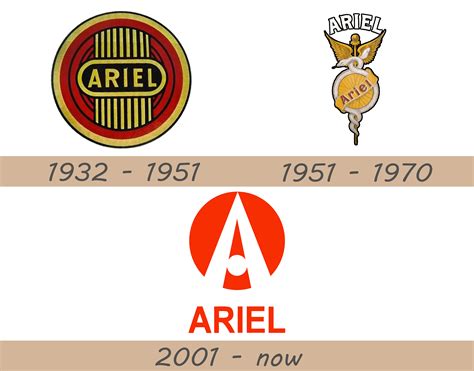Explore the rich history and innovations of AC Cars, from its foundation and development to its revival in the modern era. Learn about its evolution.
Foundation of AC Cars
Contents
AC Cars is a British automotive marque founded in 1901 by John Weller and John Portwine. The company started off as Weller Brothers, and it was involved in the production of motorcars and involved with mid-range to high-end electronic cars. The story of AC Cars Company began with the blueprints of the company’s first car, the Auto-Carrier, designed by John Weller and engineered by his brother George Weller. The company was officially established in 1901, and the first AC car was introduced in 1903. The name AC originates from Auto-Carrier, which was later changed to AC Cars.
After releasing the Auto-Carrier, AC Cars diversified into different models, introducing open and closed two-seater cars. In the company’s infancy, the production of automobiles did not occur on a large scale as it does today, but it was still highly significant. The company began to establish more dealerships in the United Kingdom and abroad, helping it to reach a wider customer base.
As a result, the foundation of AC Cars Company set the stage for what would become a prestigious and influential name in the automotive industry. The early success of the company laid the groundwork for a rich history of producing exceptional and innovative motorcars, leading to the development of well-known models that have made a significant impact on the automotive world.
Development of early AC models
AC Cars began its journey in the automotive industry by producing early models that contributed significantly to the brand’s development. The company initially focused on creating lightweight, high-performance vehicles that were ahead of their time in terms of design and engineering. These early AC models laid the foundation for the brand’s success and reputation in the industry.
One of the most notable early models produced by AC Cars was the 1920s 2-Litre Sports. This car featured a lightweight aluminum body and a powerful six-cylinder engine, making it a top performer in its era. The 2-Litre Sports showcased AC Cars’ commitment to innovation and quality, setting the stage for the brand’s future success.
As AC Cars continued to refine its early models, it introduced the iconic Cobra in the 1960s. This model, developed in collaboration with Ford, combined British craftsmanship with American muscle, creating a legendary sports car that remains highly sought after by enthusiasts and collectors. The Cobra solidified AC Cars’ position as a manufacturer of high-performance, cutting-edge vehicles.
Throughout the development of its early models, AC Cars prioritized performance, design, and engineering excellence. These values continue to define the brand and its approach to creating exceptional vehicles that capture the imagination of car enthusiasts around the world.
Innovations in AC car design
Throughout its history, AC Cars has been known for its innovative approach to car design. One of the company’s most significant innovations was the development of the lightweight, high-performance chassis. This design allowed AC cars to deliver exceptional agility and speed, setting them apart from the competition.
In addition to the chassis design, AC Cars also made significant advancements in aerodynamics. The company’s engineers worked tirelessly to streamline the bodywork of their cars, reducing drag and improving overall performance. This focus on aerodynamics allowed AC cars to achieve impressive top speeds, making them a favorite among motor enthusiasts.
Another key innovation in AC car design was the integration of advanced suspension systems. AC Cars was one of the first companies to incorporate independent suspension, enhancing the handling and ride comfort of their vehicles. This innovation became a hallmark of AC car design and set the company apart from its competitors.
AC Cars also revolutionized the automotive industry with the introduction of the iconic Cobra model. This groundbreaking collaboration with Carroll Shelby resulted in a high-performance sports car that combined a lightweight chassis with a powerful V8 engine. The Cobra’s success cemented AC Cars’ reputation as a leader in cutting-edge car design.
Overall, AC Cars’ commitment to innovation has left a lasting impact on the automotive industry. The company’s advances in chassis design, aerodynamics, suspension systems, and collaboration with Carroll Shelby reflect a legacy of pushing the boundaries of car design.
AC Cars during World War II
During World War II, AC Cars played a crucial role in the war effort by producing military vehicles and aircraft components for the British armed forces. As the demand for military vehicles increased, AC Cars shifted its focus from manufacturing civilian automobiles to producing army trucks and ambulances. The company’s expertise in automotive engineering and manufacturing made it a valuable asset for the war effort, and AC Cars played a significant role in supporting the British military during this critical period.
One of the most notable contributions of AC Cars during World War II was the production of the AC 4×4, a versatile and rugged military vehicle that was used for various purposes, including troop transport, reconnaissance, and general utility. The AC 4×4 was praised for its reliability and off-road capability, and it played a vital role in the success of British military operations during the war.
In addition to producing military vehicles, AC Cars also manufactured aircraft components, such as propellers and engine parts, for the Royal Air Force. The company’s engineering expertise and precision manufacturing capabilities were crucial in ensuring the reliability and performance of British aircraft, which was essential for maintaining air superiority during the war.
Overall, AC Cars’ contributions to the British war effort during World War II were significant and played a crucial role in supporting the military operations of the time. The company’s ability to adapt to the demands of wartime production and its expertise in automotive and aerospace engineering made it a valuable asset for the British armed forces, and its contributions were essential for the overall success of the war effort.
AC Cars revival and modern era
In the modern era, AC Cars has undergone a remarkable revival, solidifying its position as a renowned manufacturer of high-performance sports cars. With a focus on blending traditional craftsmanship with cutting-edge technology, the company has successfully redefined luxury and performance in the automotive industry.
One of the key factors contributing to the revival of AC Cars is the introduction of innovative models that have captivated car enthusiasts worldwide. The company has embraced advanced engineering techniques to develop vehicles that offer unparalleled speed, agility, and refinement.
Additionally, AC Cars has established itself as a leader in sustainable mobility, integrating eco-friendly technologies into its modern lineup. By prioritizing environmental consciousness, the company continues to set new standards for responsible and forward-thinking automotive manufacturing.
Furthermore, the revival of AC Cars has not only reaffirmed its legacy as a pioneering brand but has also propelled it into a new era of global recognition and acclaim. Through strategic collaborations and a commitment to excellence, the company has cemented its status as a driving force in the modern automotive landscape.

